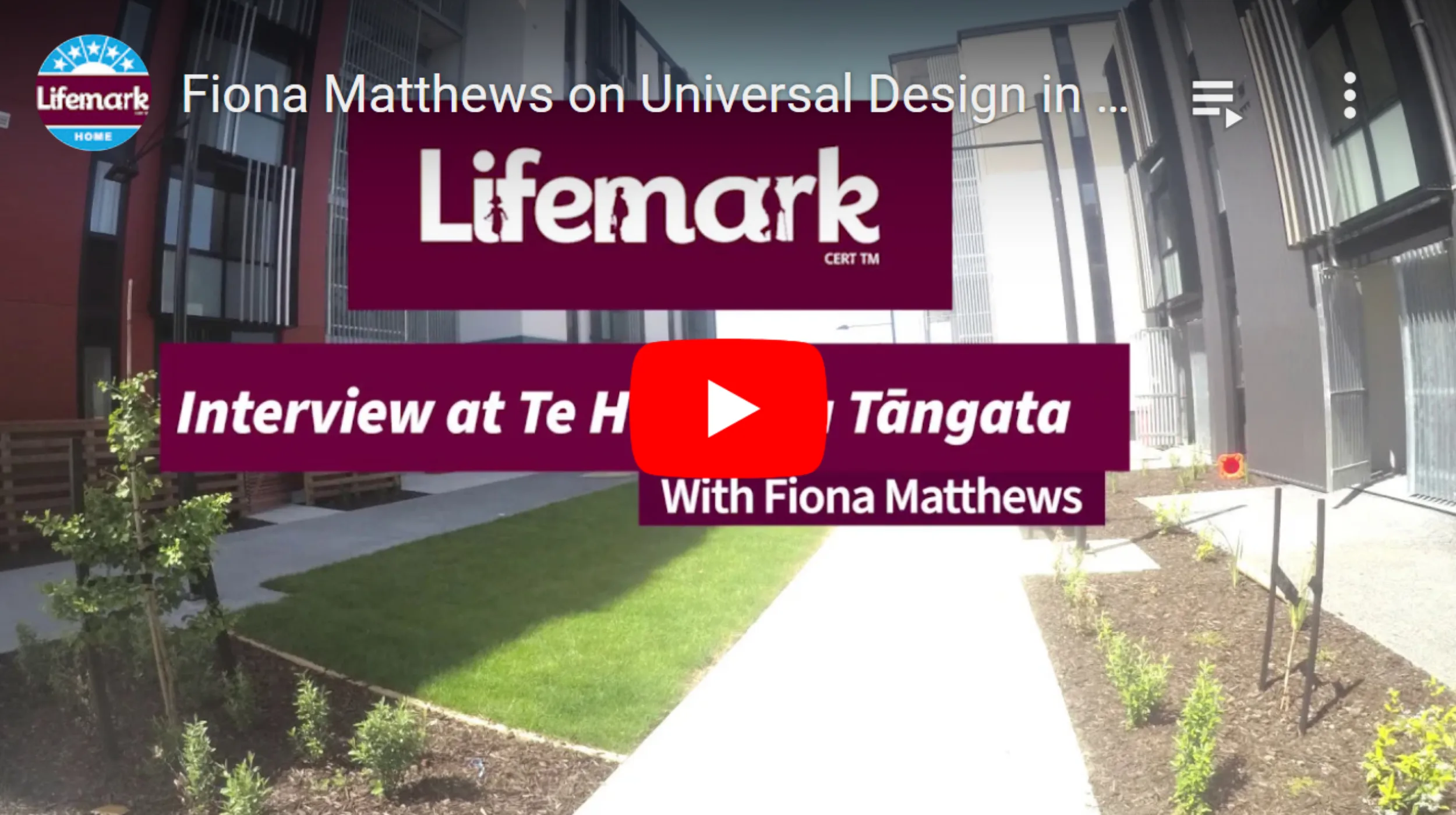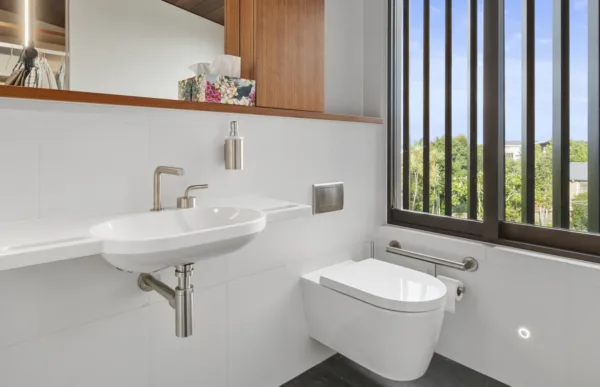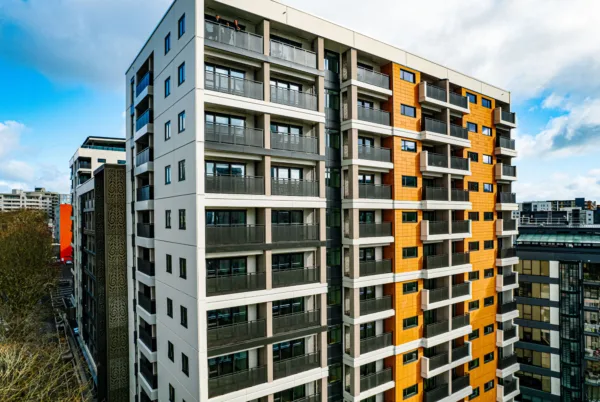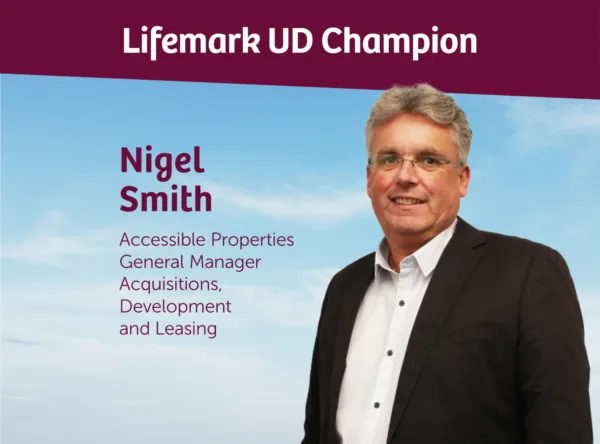Lifemark Universal Design Champion: Fiona Matthews, Salvation Army
Lifemark Universal Design Champion: Fiona Matthews, Salvation Army
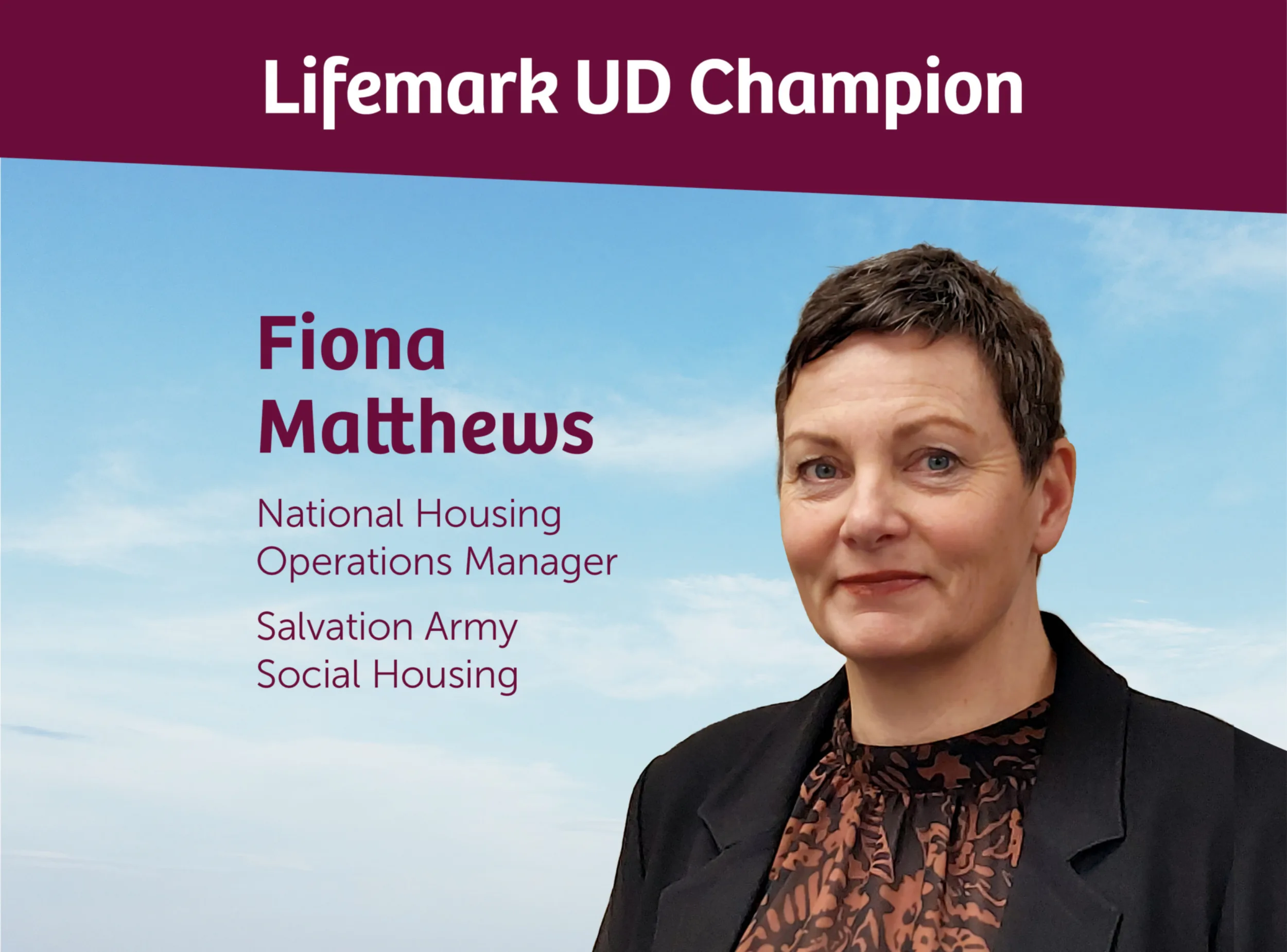
At Lifemark, we believe it takes a village to create spaces that work for everyone, and we love celebrating those who are making waves in the Universal Design space – our UD Champions.
We sat down with this month’s Champion, Salvation Army National Housing Operations Manager Fiona Matthews, to discuss her thoughts on all things Universal Design.
How did you first learn about the concept of Universal Design?
Fiona: When I first started in Community Housing back in 2015, I did a bus tour in Wellington City to look at the work the council had done in that area. The woman I sat next to on that tour started telling me all about Universal Design. I was very new to that way of thinking about housing, but I was immediately fascinated by it. I soon learned that there had already been a couple of projects that the Salvation Army had worked with Lifemark on, and the positive impact that this had was obvious.
Why is Universal Design important to you?
Fiona: A really big focus for us is sustaining tenancies – we want people to be able to remain in their homes for a long time. So we’re always thinking about the different demographics, whether they are growing families, disabled people or the elderly, and how we can ensure that the design of the spaces will accommodate their changing needs.
Tell us about your favourite Universally Designed project you have been involved in. What was the result?
Fiona: A key one that comes to mind is Te Hononga Tangata, our social housing apartment complex in Auckland’s Royal Oak, which we built in partnership with Lifemark. When we were designing that complex, there were a lot of different whānau groups to consider. We had the elderly, young people, and people with a range of disabilities and backgrounds. So from that point of view, Universal Design was really important so that the apartments had features that would work for all these groups.
In addition to features like level entry into homes, wider paths, lifts and load-bearing shower rails, our ethos is around building communities. Tenants can look outside and see what’s happening while also having the option of privacy, and there are lots of “bumping spaces” where people can connect.
We also have Tenancy Managers based on site and chaplains who run programs for those that need advice and support. And because of the central location, kids are also able to go to school close by.
The feedback from people who have visited or who live there has been fantastic.
What is one thing you want everyone to know about Universal Design?
Fiona: It’s really about being able to keep someone in their own home. As an example, if someone living in a two-level home needed to use a wheelchair, even temporarily, they might be forced to move.
Having the choice to stay in your own home throughout the changes of your life is invaluable, no matter who you are.

